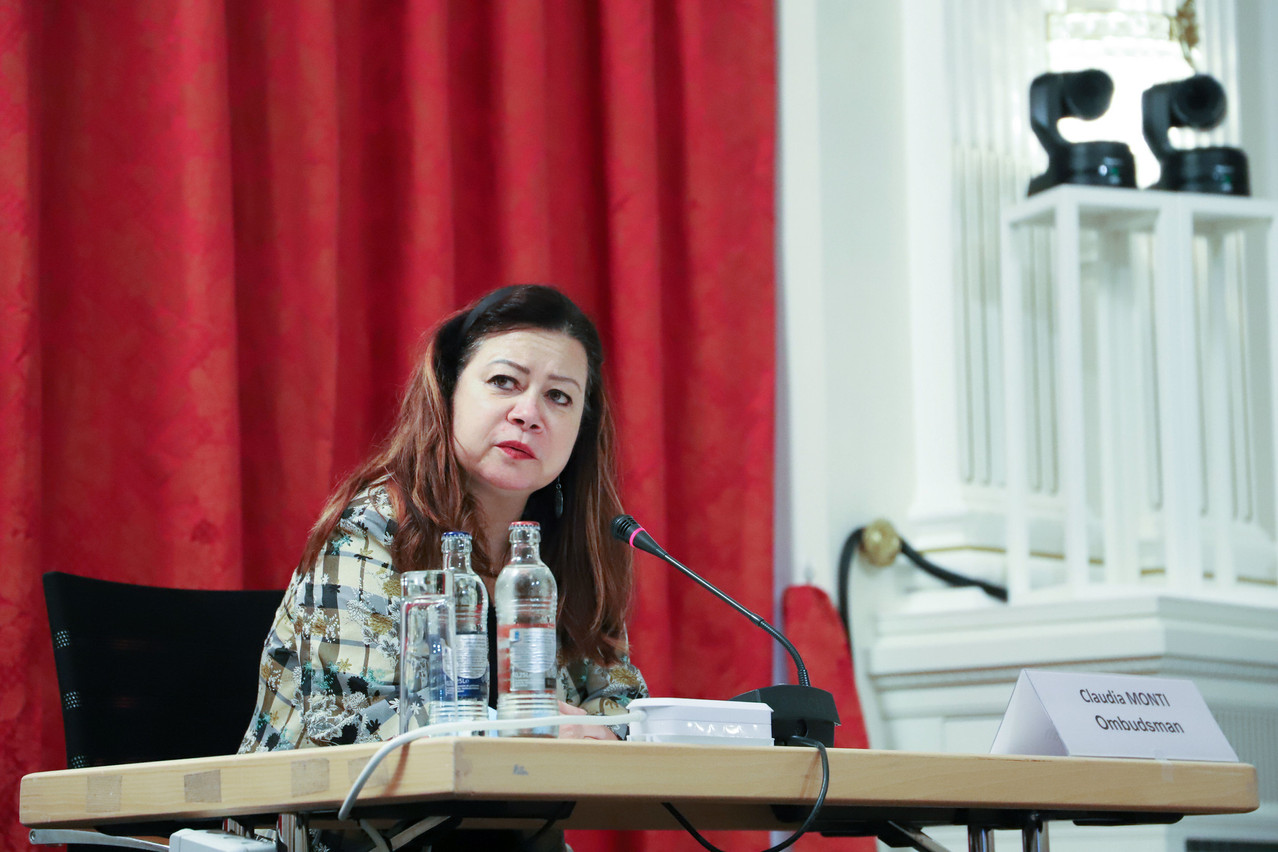Speaking in Claudia Monti explained that administrations had redoubled efforts to remain accessible to the public during the health crisis.
However, the generalised use of digitalised administrative procedures had served to exclude some social groups.
The watchdog for fundamental rights called on administrations to do all they can to remain accessible without excluding anyone, and adapt to users’ needs when fulfilling their public service mission.
Monti pointed out that during the lockdown period, citizens experienced more difficulties than normal. The main areas impacted were housing, taxation and social security, in trend with previous years. She added that the pandemic created additional obstacles for citizens, with administrations becoming “too strict” in applying the law.
She noted a lack of flexibility in the granting of specific aid to entrepreneurs and companies during the crisis, when they needed it more than ever. Despite her interventions, some complaints were not fully resolved.
Monti’s office was more solicited in 2020 than in 2019, however, the number of complaints lodged fell from 975 in 2019 to 914 in 2020.
Many enquiries concerned difficulties obtaining information from specific administrations.
MPs will examine the various complaints in the report and will be able to participate in a debate later in the year.
